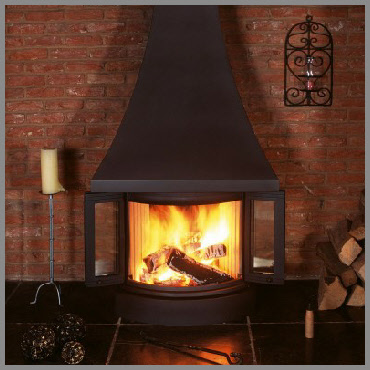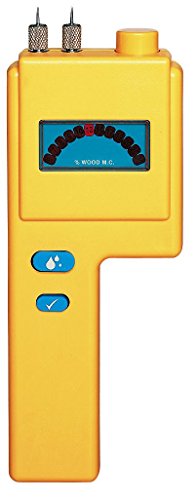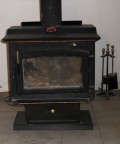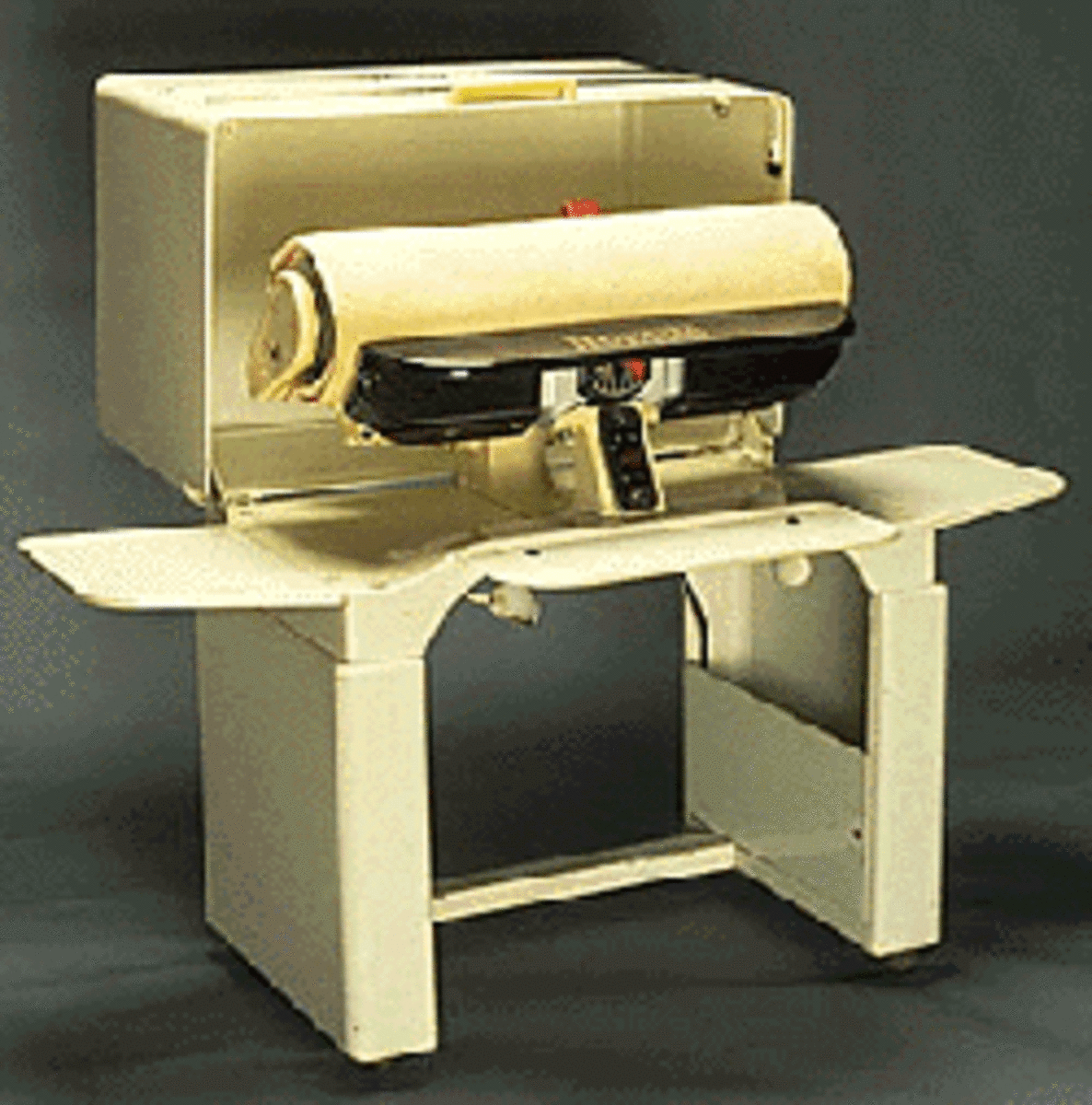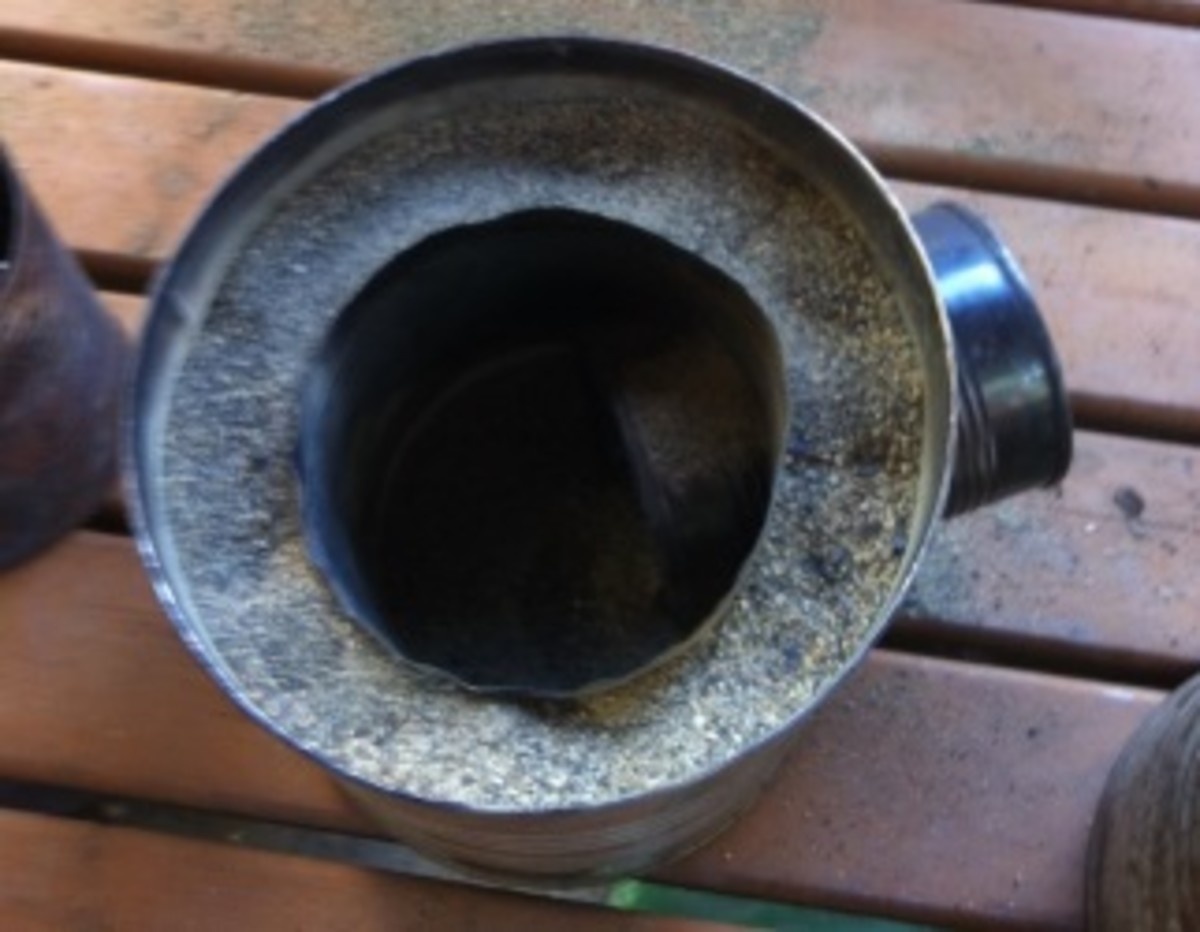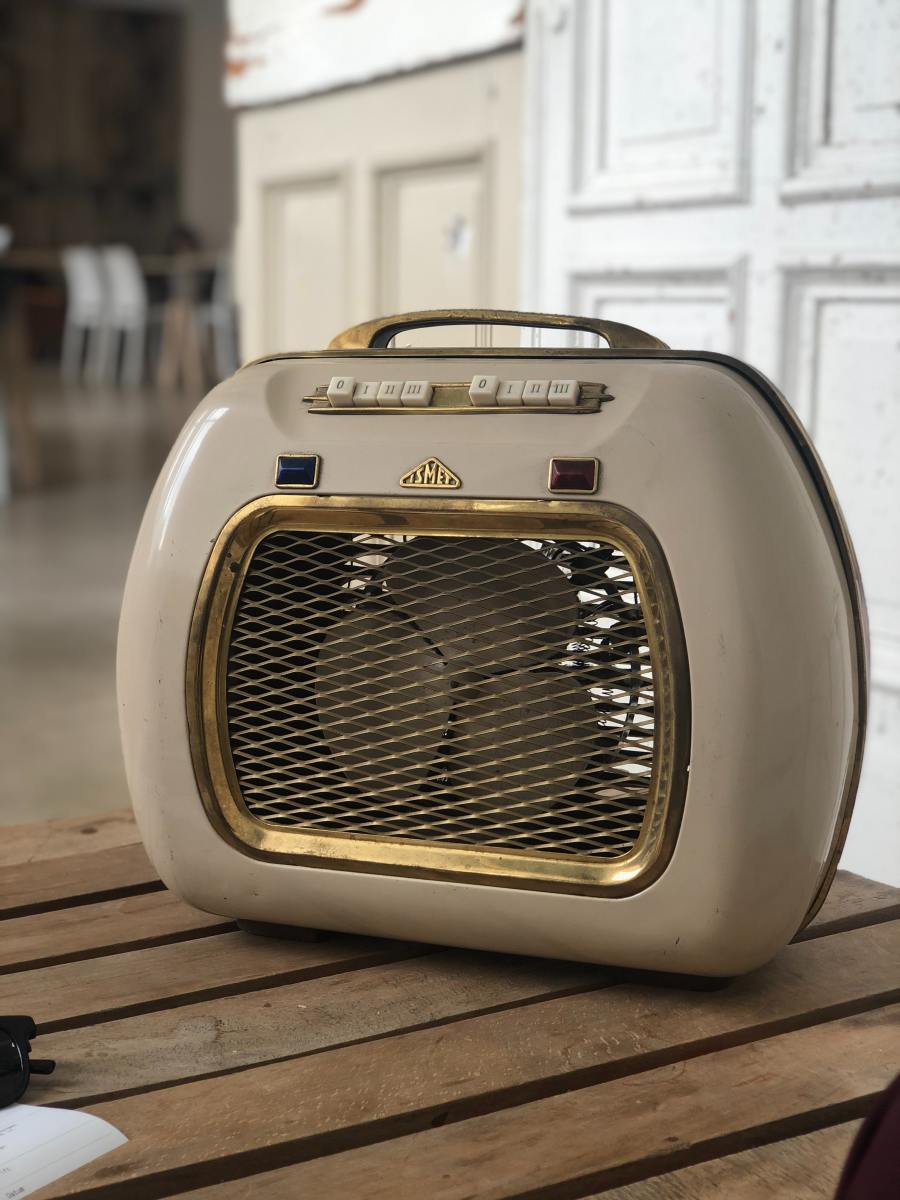The Best Wood to Burn in Wood Burning Stoves and Burners
The type of wood you use for your wood burning stoves depends largely on what is available at reasonable cost in your neighbourhood.
The most important thing about the wood you use is that it must be well-seasoned.
This is wood that has been cut down and chopped into logs that will fit inside your wood burner, and stored outside under cover for at least a year before being used.
It is good practice to bring some wood into the house to store beside the wood burner, at room temperature, for a few days before use.
If you buy firewood from a supplier, you can check how well seasoned it is by using a wood moisture meter.
Dry wood tends to split across the grain at the cut end when really dry, and the bark comes away easily, so even without a meter you can visually check that your wood is ready to be burned.
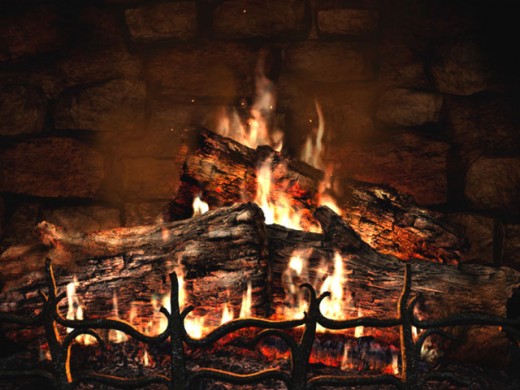
There are very good reasons for only burning well-seasoned wood.
Freshly-cut wood can contain up to 45% water.
Light a fire with this wood and most of the fire’s energy will go into drying out the moisture, not into producing heat.
Burning wet wood is the cause of creosote build-up in chimneys, which not only damage the chimney lining, but facilitate more call outs to a sweep to clean your chimney.
Wet wood also causes more smoke production and therefore more pollution.
When using well seasoned wood, the chimney heats up quicker (and so reduces condensation with can turn to creosote and block up your chimney), the fire burns better, and emits more heat.
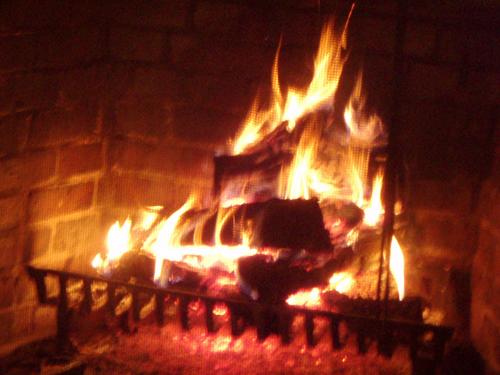
Fire starters
Firewood Storage Racks
There are many different types of wood around. Denser woods burn slower and for longer than light woods.
This is a helpful list which is by no means comprehensive but is offered as a rough guide only
- Acacia - burns slowly, good heat. Acrid smoke but that is not a problem in a stove.
- Alder - poor heat output. Burns quickly.
- Almond - good heat, burns rapidly. Can be sparky. Bright flame.
- Apple - burns slowly and steadily. Good heat. Pleasant scent.
- Ash - the best for burning.Provides excellent heat. Can be used when green, but better when seasoned.
- Beech - good heat but must be well-seasoned.
- Birch - good heat, bright flame. Burns quickly.
- Blackthorn - very good heat, burns slowly and steadily.
- Box Elder
- Cedar - great heat, bright flame. Tends to spark a lot. Nice scent.
- Cherry - burns slowly and steadily. Good heat. Scented.
- Chestnut - poor heat and light. Sparks.
- Cypress - burns rapidly. Good heat but can be sparky.
- Douglas Fir - produces little flame or heat.
- Elder - burns too quickly with little heat and produces black acrid smoke.
- Elm - has very high natural water content and should be seasoned for 2 years before use. Burns very slowly with good heat output.
- Eucalyptus - very fast burning with good heat. Needs to be well seasoned as wood is full of oils that can start a chimney fire.
- Hackberry - medium heat.
- Hawthorn - very good heat, burns slowly and steadily.
- Hazel - burns well, but rapidly. Good heat.
- Hemlock - burns brightly, but with low heat and many sparks.
- Holly - needs to well seasoned. Burns well. Not a great heat.
- Honeylocust - like all hardwoods, burns well and slowly.
- Hornbeam - good heat but must be well-seasoned. Burns slowly.
- Horse Chestnut - good heat and bright light, but very sparky.
- Laburnum - best avoided. Acrid smoke.
- Larch - fairly good heat, but very sparky. Forms a soot on chimneys.
- Laurel - produces a really bright flame.
- Lilac - burns well. Good flame and heat. Scented.
- Lime - burns poorly - low heat an light.
- Maple - good firewood, burns well, bright flame.
- Mulberry - excellent wood for burning. Slow-burning. Great heat.
- Oak - when well seasoned oak is excellent.Slow burning with good heat.
- Olive - good heat, burns steadily.
- Pear - sweetly scented. Burns well. Good light and heat.
- Pine - burns well but rapidly. Spit and sparks a lot. Causes chimney soot.
- Plane - burns well, but apt to throw sparks when dry.
- Plum - nicely scented.Burns well.
- Poplar - burns very slowly with little heat. Used to make matchsticks because of those properties.
- Red Cedar - burns easily and well but tends to spit and spark a lot.
- Rowan - excellent firewood.Burns hot and slow.
- Rhododendron - the thick stems burns well.
- Spruce - makes poor firewood. Burns too quickly with too many sparks.
- Sycamore - good heat. Moderate flame. Needs to be well seasoned.
- Sweet Chestnut - burns well but better in a stove as it spits and sparks a lot.
- Thorn - great firewood. Burns slowly, little smoke, great heat.
- Walnut - nice scent. Average burning.
- Wellingtonia - makes poor firewood.
- Willow - very good burner.
- Yew - burns slowly. Fierce heat. Great firewood.
Firewood is not sold by its weight and for very good reasons. Heavier firewood is moisture-laden, and the best firewood you can buy should be dry, which will also make it lighter. Firewood instead is sold by volume.
